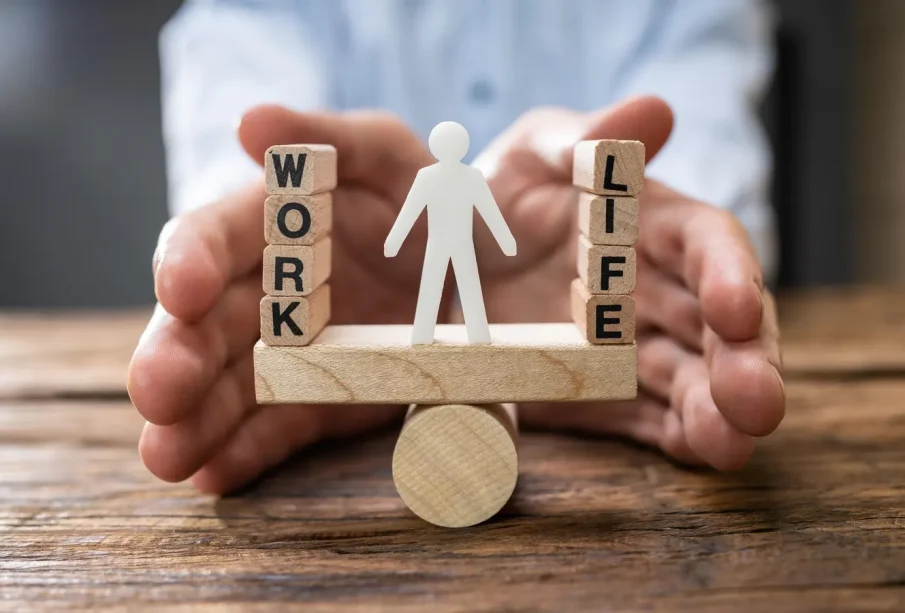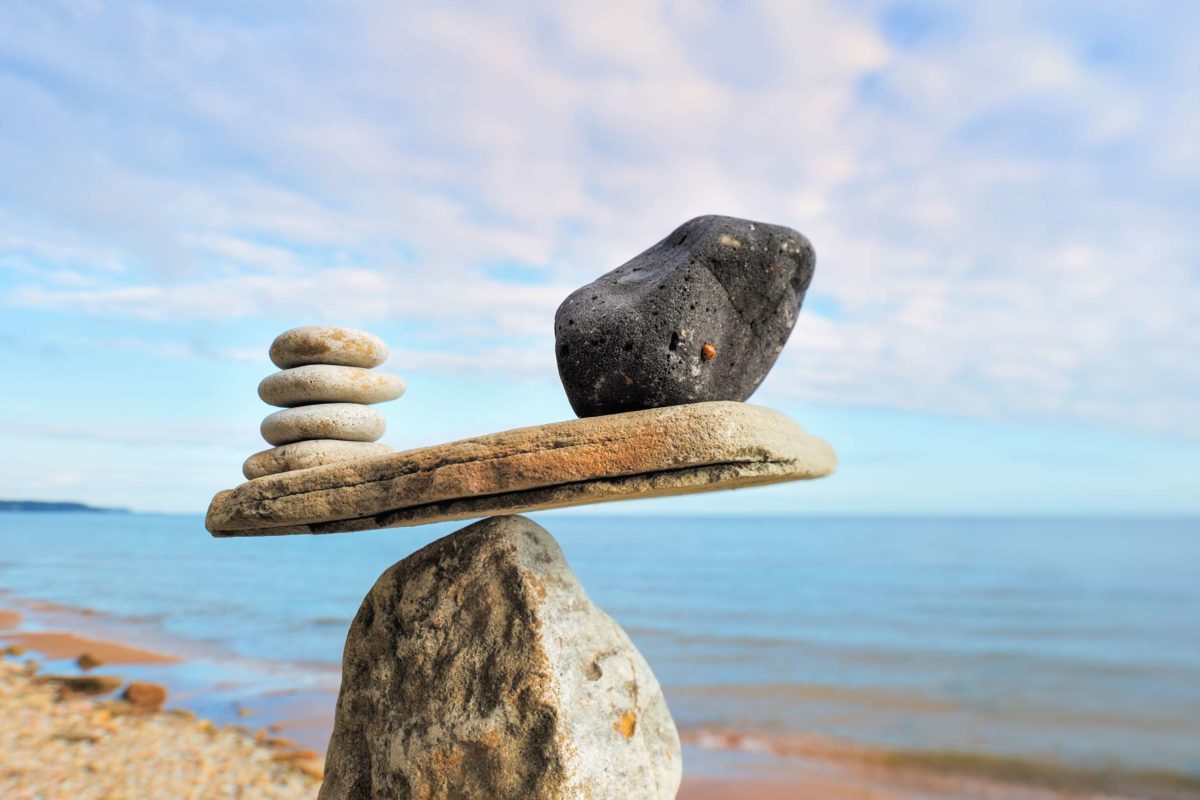Crafting a Meaningful Lifestyle: Finding Balance in a Busy World

In today’s fast-moving society, the word lifestyle has become more than just a way to describe habits or routines—it has turned into a reflection of identity, values, and aspirations. From wellness and productivity to relationships and creativity, our lifestyle choices shape how we experience life. Yet, many people struggle to balance their ambitions with well-being, often feeling pulled in too many directions.
The good news is that living a fulfilling lifestyle doesn’t require perfection. It requires intentional choices, mindful practices, and balance between personal and professional demands. This article explores the essential elements of a meaningful lifestyle, along with strategies to help you design a life that supports your health, happiness, and personal growth.
Redefining Lifestyle in the Modern Era
Traditionally, lifestyle was about basic routines—what we ate, how we worked, and how we spent leisure time. Today, it has expanded into a holistic concept that includes physical health, mental well-being, personal development, and even digital habits.
Your lifestyle is essentially a blueprint of how you live daily. It determines:
-
How energized you feel.
-
How you manage stress.
-
How connected you are with others.
-
How aligned you feel with your goals.
This realization has made many people question whether their current routines truly reflect the life they want—or if change is necessary.
Health and Wellness as the Foundation
No lifestyle can be sustainable without prioritizing health. It is the foundation upon which all other aspects of life are built.
Nourishing Nutrition
What we eat plays a major role in energy, focus, and mood. A lifestyle built on balanced eating—plenty of fruits, vegetables, lean proteins, and whole grains—fuels long-term health. It’s not about strict diets but about mindful eating and enjoying food in moderation.
The Role of Movement
Regular exercise improves not just physical health but also mental clarity and emotional stability. It doesn’t have to mean intense gym workouts; even walking, dancing, or stretching can have transformative effects. The key is consistency and enjoyment.

Mental Wellness
Stress, burnout, and anxiety are lifestyle challenges of the modern age. Incorporating mindfulness, journaling, meditation, or therapy into daily routines is no longer optional—it’s essential. A lifestyle that nurtures mental health allows us to handle challenges with resilience.
Work-Life Balance: A Modern Challenge
For many, the greatest lifestyle struggle is balancing career demands with personal life. Remote work, digital communication, and side hustles blur the boundaries even further.
Setting Boundaries
A sustainable lifestyle requires clear separation between work and personal time. This might mean turning off email notifications after hours or setting aside weekends for family and rest.
Prioritizing Time
Time is the one resource we can’t replenish. A balanced lifestyle prioritizes activities that bring fulfillment—whether that’s spending time with loved ones, pursuing hobbies, or simply resting.
Relationships and Social Connections
Our lifestyle is deeply shaped by the people around us. Relationships provide joy, support, and a sense of belonging.
Quality Over Quantity
A fulfilling lifestyle doesn’t require hundreds of acquaintances. A few strong, authentic relationships are often enough to feel deeply connected.
Building Community
Engagement beyond close friends and family—through volunteering, local events, or shared-interest groups—expands our sense of purpose and strengthens our connection to society.
Personal Growth and Fulfillment
Living well isn’t just about comfort—it’s about growth. A meaningful lifestyle includes opportunities for learning, exploration, and creativity.
-
Lifelong Learning: Reading, taking courses, or learning new skills keeps the mind sharp.
-
Hobbies: From music to gardening, hobbies provide relaxation and self-expression.
-
Purpose: Aligning daily activities with personal values adds depth and direction.
Without growth, even the most “perfect” lifestyle can feel stagnant.
Rest, Leisure, and Creativity
In the race to achieve more, rest often gets neglected. Yet rest is not a luxury; it’s a necessity.
-
Sleep: Quality sleep is vital for memory, mood, and overall health.
-
Leisure: Activities like travel, art, or simple downtime help reset the mind.
-
Creativity: Creative outlets add joy and help us think outside the box.
Balancing productivity with relaxation ensures a lifestyle that feels enriching rather than exhausting.
Overcoming Lifestyle Challenges
While everyone dreams of a balanced lifestyle, real-world challenges often get in the way:
-
Time Pressure: Long work hours make it hard to focus on health or relationships.
-
Financial Stress: Budget constraints can limit lifestyle choices.
-
Digital Overload: Social media encourages comparisons that harm self-esteem.
The solution lies in simplifying routines, setting realistic goals, and focusing on authenticity rather than external expectations.
Lifestyle Trends Shaping the Future
Several global trends are reshaping how people approach lifestyle today:
-
Minimalism – Choosing simplicity over excess, focusing on essentials.
-
Sustainable Living – Eco-friendly habits, conscious consumption, and ethical choices.
-
Digital Wellness – Managing screen time and promoting mindful tech use.
-
Slow Living – Emphasizing quality over speed, savoring experiences instead of rushing.
These movements highlight a growing shift: people want lifestyles that align with their values, not just social status.
Designing Your Own Lifestyle
There is no one-size-fits-all lifestyle. The ideal lifestyle is unique, shaped by personal priorities, goals, and values. Here are steps to get started:
-
Define Your Values – Identify what matters most (health, family, freedom, creativity).
-
Audit Your Current Life – Notice habits that support or harm your well-being.
-
Set Intentional Goals – Focus on realistic, gradual changes rather than drastic shifts.
-
Stay Flexible – Adapt your lifestyle as circumstances change.
The goal is not perfection but alignment—living in a way that feels authentic and sustainable.

Conclusion
Lifestyle is more than routines—it’s the essence of how we live each day. A fulfilling lifestyle balances health, work, relationships, growth, and rest. It embraces intentionality, mindfulness, and authenticity over trends or comparisons.
In a world filled with noise and constant busyness, the most meaningful lifestyle is one that reflects who we truly are. By making small, conscious choices, we can create a life that not only looks good on the outside but feels deeply rewarding within.






















